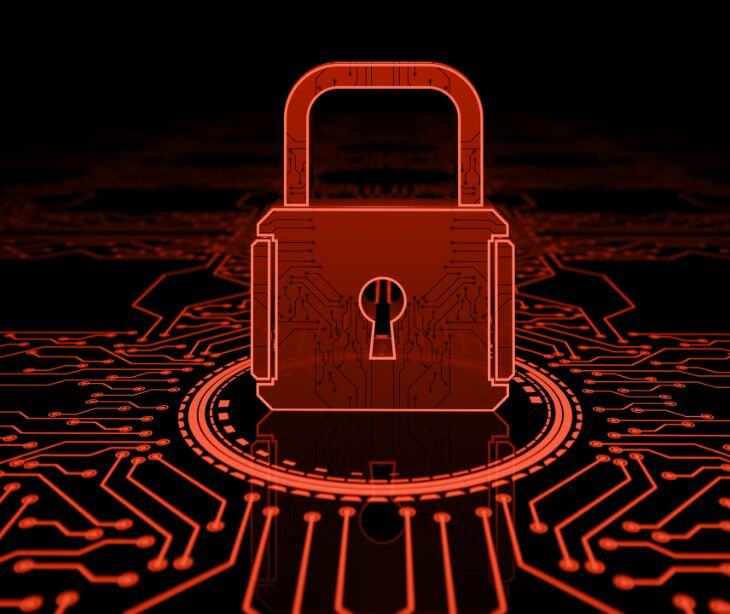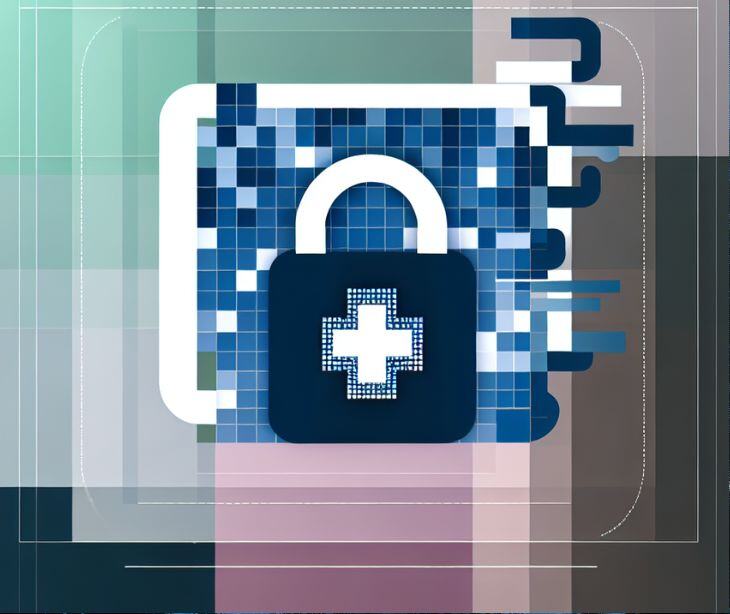
Cyberattacks compromise patient privacy and safety, disrupting the financial stability of healthcare organizations. Healthcare organizations must improve their cybersecurity strategies to prevent the consequences of data breaches and system disruptions.
The risks of inaction
John Riggi, senior advisor for cybersecurity and risk for the American Hospital Association (AHA) warns, "Hackers' access to private patient data [opens] the door for them to steal the information, [to] either intentionally or unintentionally alter the data, which could lead to serious effects on patient health and outcomes."
More specifically, when healthcare providers lose access to medical records or medical devices are rendered inoperable, the ability to provide timely, life-saving care is severely compromised.
A prominent example of this threat occurred in 2017 when the WannaCry ransomware attack targeted organizations worldwide. The UK's National Health Service (NHS) was severely affected, resulting in ambulances being diverted and surgeries canceled. “Patient outcomes were threatened,” as this attack caused major service disruption across 150 countries.
Similar incidents in the U.S. have shown that ransomware attacks can lead to lost access to patient care, causing a broader systemic issue.
Furthermore, healthcare organizations can suffer severe financial penalties when these attacks result in HIPAA violations, especially owing to inflation adjustments. Some cases can also lead to criminal charges and civil lawsuits, impacting the individuals and organizations involved.
Strengthening defenses
Proactively addressing these threats requires an organized response.
As Riggi testified before Congress, “The impact of WannaCry on American hospitals and health systems was far less serious, which speaks to the tremendous efforts the field has made to improve cybersecurity and build incident-response capabilities.”
Healthcare organizations can reduce vulnerability by investing in better security measures, like advanced encryption, access controls, and incident-response plans. Moreover, healthcare professionals must be equipped with the necessary training to identify and respond to potential threats.
Reducing risks with secure communication
Secure communication tools, like HIPAA compliant email solutions, allow healthcare professionals to collaborate without compromising sensitive patient information.
Paubox email, for example, uses TLS encryption, encoding email contents during transmission and at rest.
It allows communication between specialists, nurses, and administrative staff, so sensitive information is protected while facilitating efficient care. Even resource-strapped public health facilities can benefit from secure email, helping them maintain patient privacy without sacrificing efficiency.
Furthermore, these secure platforms enhance digital competencies among healthcare staff and build organizational resilience against cyberattacks.
The way forward
The stakes are too high to ignore cybersecurity in healthcare. Cyberattacks are widespread threats that endanger patient well-being and the financial viability of healthcare organizations.
The healthcare industry must invest in advanced security tools, comprehensive staff training, and coordinated incident-response planning to protect their systems and, most importantly, safeguard patient outcomes.
Ultimately, taking these proactive measures will help healthcare organizations prevent cyber threats, promoting patient safety and community trust.
Read also: Human factors that affect healthcare cybersecurity
FAQs
What is a ransomware attack?
Ransomware attacks are a type of cyberattack where hackers gain unauthorized access to a computer, encrypt its data, and demand the return of this data upon payment.
Hackers often target sensitive information like personal, financial, or healthcare data, crippling their operations until the ransom is paid or recovered by other means.
Ransomware typically spreads through phishing emails, malicious links, or software vulnerabilities, exploiting weak cybersecurity defenses. Even after paying the ransom, victims are not guaranteed data recovery.
Who needs to comply with HIPAA?
HIPAA compliance is required for covered entities, including healthcare providers, health plans, healthcare clearinghouses, and their business associates, who handle protected health information (PHI).
Can HIPAA compliant emails improve patient satisfaction?
Yes, providers can use HIPAA compliant emails to keep patients informed, improving their overall satisfaction with care.
Read also: How automated HIPAA compliant emails can increase patient satisfaction




%20-%202024-11-30T083510.833.jpg)